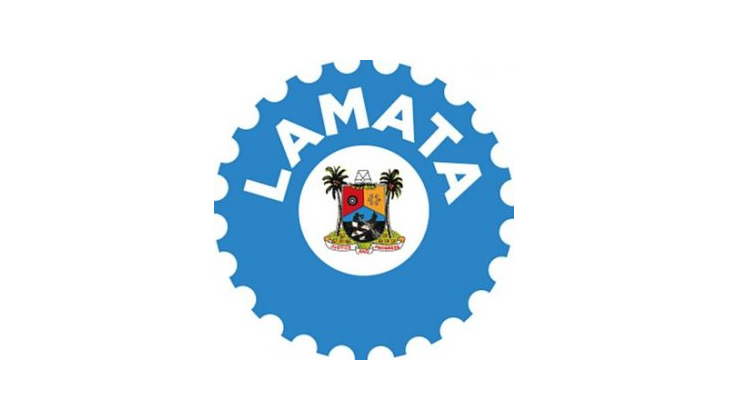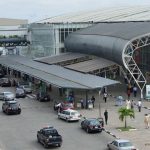Oando Clean Energy Limited, the renewable energy subsidiary of Oando, in partnership with the Lagos Metropolitan Area Transport Authority, on Tuesday, marked the formal commencement of operations of Oando’s electric mass transit buses at the Lagos Bus Services Limited Head Office, Ilupeju, Lagos.
A statement from Oando stated that the initiative aimed at transitioning the Lagos State public transport system through the development of a pathway to a carbon free mobility ecosystem within the state.
It stated that the buses would provide a viable, competitive, and environmentally friendly alternative to the current internal combustion engine mass transit buses.
The Managing Director, LAMATA, Abinbola Akinajo, highlighted the importance of public-private-partnerships, by stating that “this initiative is a major aspect of our vision for transportation in Lagos State, we are desirous of having a clean and efficient transportation system.
“Today’s event is proof of our desire to involve the private sector in our activities to give the average Lagosian the ability to meet their mobility needs. LAMATA is a multi-fuel transport regulatory agency for Lagos, hence the partnership with OCEL for the use of EV buses in passenger operations.
“From LAMATA’s perspective we are open to do business with the private sector while ensuring that these partners are aligned with the vision of Lagos state. I am elated that in just over a year that Oando Clean Energy came to us to discuss the possibility of working with us in the deployment of electric buses we have signed an MoU with a key deliverable being the implementation of a PoC that would allow us finally include electric buses in our ecosystem.”
Lagos is the most populous city in sub-Saharan Africa, with a population of over 20 million people and growing. In the last decade, the population of vehicles on Lagos roads have quadrupled; with over 3,000 mass transit buses operating in the state.
As the population continues to grow, with estimates of it increasing to as much as 100 million residents by 2100, so will the number of vehicles. Today Lagos contributes 44,000kg of carbon dioxide equivalent per day. These, among others, make it a suitable development ground for sustainable technologies that can be replicated across Africa.
In recognition of the urgent need for electric vehicles to address transportation’s 62 per cent contribution to Nigeria’s Green House Gas emissions, the President, OCEL, Dr Ainojie Irune, said, “This is an opportunity for us to revolutionise mobility in our country as well as build local capacity for the renewable and clean energy ecosystem.
“While today these buses have come from across the world, in the very near future they will be produced here in Nigeria. In the very near future, we will have a multitude of locally trained engineers who are capable of operating, maintaining, and servicing these buses and other renewable energy assets. We see these buses as a first step.
“This PoC facilitates the collection of the first sets of data points to support the development and deployment of EV for municipal and public transport on the continent. Our ambition together with Lagos state, is to set our sights on the future and chart a path for others to follow.”
He said the partners had worked tirelessly to get to the current level, adding that “we are confident that the steps we are taking, which I must reiterate would not have been possible without the support of Lagos state, LAMATA,” among others.
The Commissioner of Transport, Lagos State, Dr Frederic Oladeiende, who represented the Governor of Lagos State, Babajide Sanwo-olu said, “We are here today to write the script for a new future. Today, there is abundant evidence that shows that human activities have been the main drivers of climate change primarily due to the burning of fossil fuels like coal, oil and gas.
“This situation has given rise to affirmative actions by world leaders and environmentalists to act fast to save our world. Lagos is the only state in Nigeria that has prepared and initiated the execution of a climate action plan. The plan outlines 26 efforts covering adaptation and mitigation actions to build a sustainable low carbon economy in the pursuit of achieving net zero emissions by 2050.
Source: The Punch









Right here is the perfect web site for anyone who really wants to understand this topic. You know a whole lot its almost hard to argue with you (not that I really would want toÖHaHa). You definitely put a new spin on a topic thats been written about for many years. Great stuff, just excellent!
I have been checking out many of your articles and i must say pretty good stuff. I will surely bookmark your website.
You made a number of good points there. I did a search on the matter and found nearly all persons will consent with your blog.